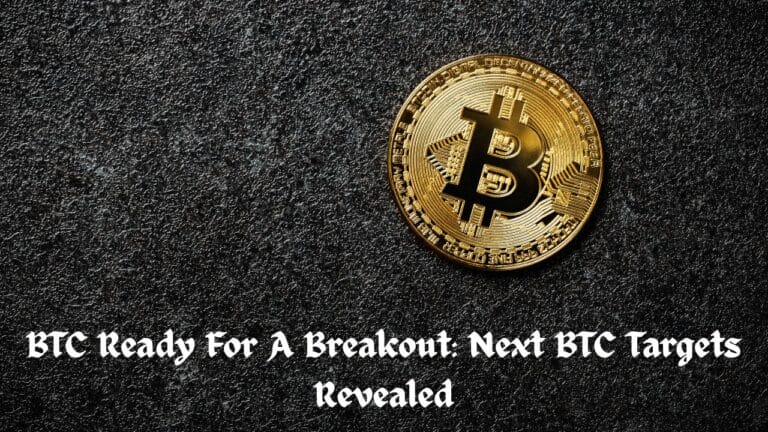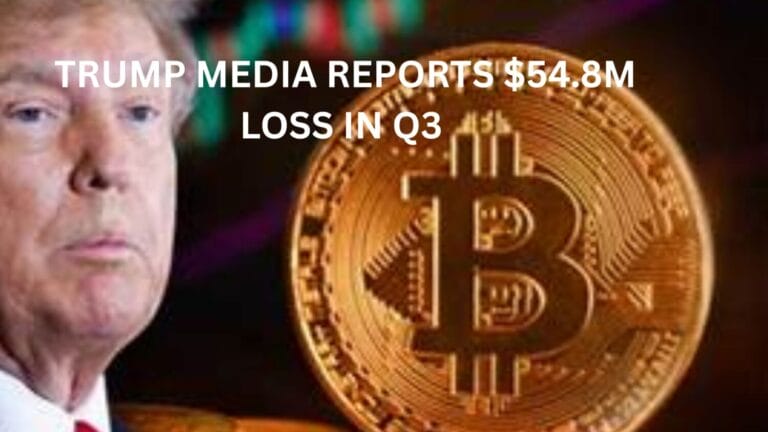Key Takeaways
- The bill allows users and businesses the ability to accept crypto for legal goods/services and to self-custody crypto in non-custodial and hardware wallets.
- The new amendment prohibit Louisiana from participating in tests and accepting or requiring payments using a CBDC
The US State of Louisiana is grabbing headlines in the crypto world with new legislation that bans Central Bank Digital Currencies (CBDCs) and bolsters protections for Bitcoin users and miners. Effective August 2024, the Blockchain Basics Act aims to ensure financial freedom and security within the state.
Sponsored by State Representative Mark Wright and backed by State Senator Jean-Paul Coussan, the legislation clearly prohibits Louisiana from participating in CBDC trials or accepting CBDC payments. The act states:
“A governing authority shall not participate in any test of central bank digital currency by the Board of Governor.”
The bill Louisiana’s HB 488, set to take effect on August 1, 2024, introduces significant measures to protect Bitcoin users. It guarantees that individuals can safely store their assets in digital wallets and conduct Bitcoin transactions without additional regulations.
In addition to protecting Bitcoin users, the state has imposed strict controls on foreign-owned digital asset mining companies. Starting from August 1, 2024, foreign entities are barred from acquiring or maintaining stakes in digital asset mining operations within Louisiana. Existing foreign-controlled businesses must fully divest their interests by August 2025. Noncompliance could result in penalties of up to $1 million or 25% of their stake in the operation.
The Blockchain Basics Act also clarifies the role of node operators in blockchain networks. Nodes are essential for maintaining the integrity and consensus of blockchain systems, but they do not have the authority to alter transactions initiated by users. This distinction is crucial for ensuring the security and reliability of blockchain transactions.
Furthermore, Louisiana’s attorney general is empowered to act against fraud and violations related to mining and staking services. Participants must comply with both federal and state securities laws, ensuring a regulated and transparent environment for digital asset activities.
This legislation is part of a broader national trend led by the Satoshi Action Fund. This year, Oklahoma passed similar laws, and states like Georgia, Mississippi, Kentucky, and South Carolina, along with 11 others, have introduced measures to protect Bitcoin Rights.
Last month, Oklahoma passed a bill guaranteeing the right to self-custody, allowing individuals to securely hold their digital assets. Under the provisions of the bill, bitcoin and other digital currencies can be used for transactions without additional taxes, aligning digital assets with traditional legal tender regarding tax treatment.
The latest development comes amid several countries including India and China, running pilot programs to assess the viability of CBDCs. CBDCs have already been launched in Bahamas, Nigeria, and Jamaica among others. The International Monetary Fund has dubbed CBDCs as “a safe and low-cost alternative” to cash, with almost 60% of countries in the world exploring CBDCs.










